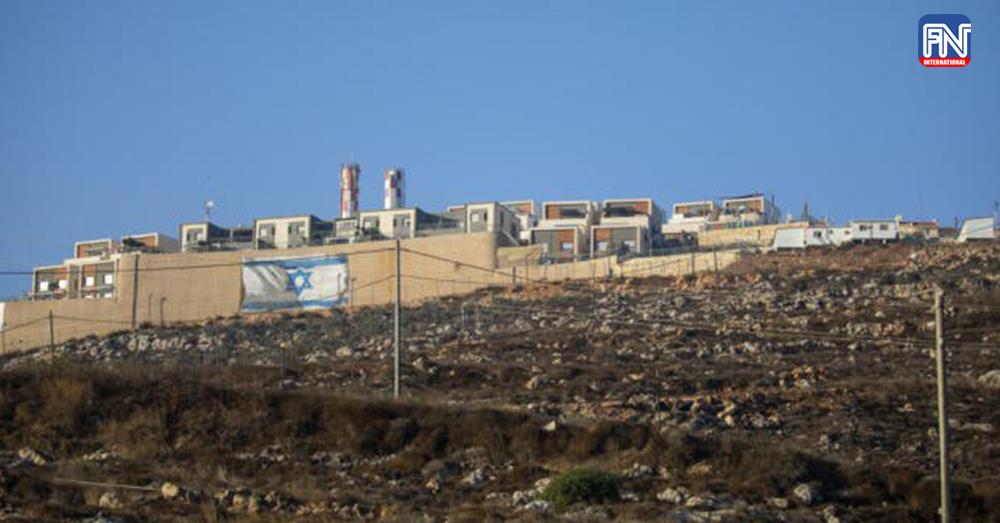JERUSALEM, Feb 12 (Reuters) - Israel granted retroactive authorisation on Sunday to nine Jewish settler outposts in the occupied West Bank and announced mass-construction of new homes within established settlements, moves likely to draw U.S. opposition.
The first to publish the decisions by Prime Minister Benjamin Netanyahu's security cabinet were two pro-settler politicians whose inclusion in the coalition he built after a Nov. 1 election had already signalled a hard-right tack.
Most world powers consider the settlements illegal for taking up land where the Palestinians seek statehood. Israel disputes this. Since capturing the West Bank in a 1967 war, it has established 132 settlements, according to the Peace Now watchdog group.
In recent years, settler zealots have erected scores of outposts without government permission. Some have been razed by police, others authorised retroactively. The nine granted approval on Sunday are the first for this Netanyahu government.
A statement from Netanyahu's office also said a planning committee would convene in the coming days to approve new settlement homes. Far-right Finance Minister Bezalel Smotrich said these would number 10,000.
Palestinian President Mahmoud Abbas's administration, whose U.S.-sponsored statehood talks with Israel broke down in 2014, said Sunday's announcement should be "condemned and rejected".
"It is a challenge to U.S. and Arab efforts and a provocation to the Palestinian people and it will lead to more tension and escalation,” said Abbas spokesperson Nabil Abu Rudeineh.
There was no immediate comment from the U.S. Embassy. But the ambassador, Thomas Nides, had made clear last month that the U.S. administration would oppose such moves.
"We want to keep a vision of a two-state solution alive. He (Netanyahu) understands that we understand that massive settlement growth will not accomplish that goal," Nides said.
"We have been very clear about the ideas of legalising outposts, massive settlement expansion - it will not keep the vision of the two-state solution alive, in which case we will oppose it and we will be very clear about our opposition," he told Israel's Kan television in a Jan. 11 interview.
Statements by Smotrich, fellow ultranationalist Itamar Ben-Gvir and Netanyahu's office deemed the settlement push in part as a response to recent Palestinian attacks. But they had agreed on such plans before their coalition was sworn in on Dec 29.
While welcoming the Netanyahu government's announcement, West Bank settler leader Yossi Dagan urged "a total removal of curbs on construction, to enable construction in full swing".
The other Palestinian territory, Gaza, is under Hamas Islamists who reject peacemaking with Israel.
